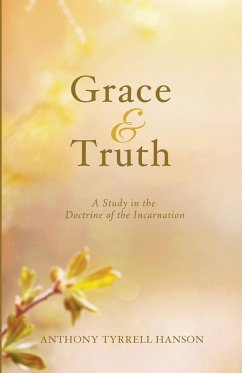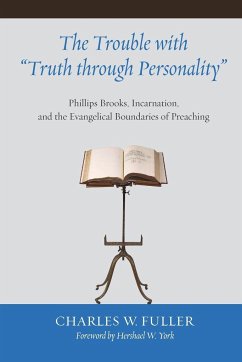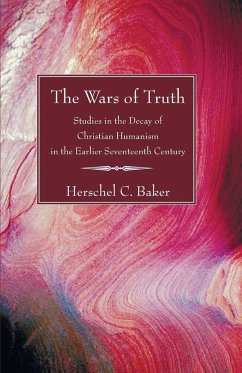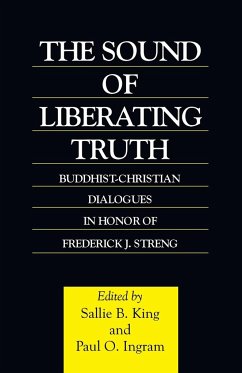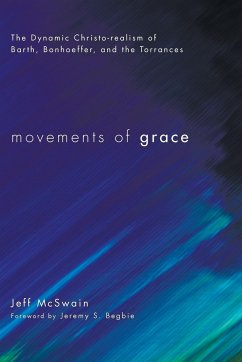This wide-ranging study of the doctrine of the incarnation results from the author's own intellectual quest. He offers a genuine Christology, as distinct from the non-Christologies of some recent writers. His starting-point, like theirs, is that Jesus was a real human personality--a man, in fact: an assumption with which few will quarrel, though it is not easily reconciled with the teaching of the Council of Chalcedon. Anthony Hanson sees the man Jesus as the revelation of the divinity in the humanity through human obedience and suffering. He finds that the New Testament writers, with the probable exception of John, while believing in Jesus' personal pre-existence saw him as a fully human personality. They recognized God in Christ, as we do today, not by direct apprehension, but because he is indeed full of the hesed and 'emeth (grace and truth) which the Old Testament reveals as God's essential character. Professor Hanson's discussion is marked, as one would expect, by disciplined exegesis and familiarity with the other solutions that have been propounded. In his final chapter he reviews the traditional Chalcedonian doctrine and its modern defenders, and assesses the views of modern theologians--Barth, Rahner, Pannenberg, Pittenger, Baillie, Robinson among them--who have written on the subject. He claims for his account of the incarnation that it is at least as firmly rooted in Scripture as that of Chalcedon, and has a much stronger foundation in the Old Testament.
Hinweis: Dieser Artikel kann nur an eine deutsche Lieferadresse ausgeliefert werden.
Hinweis: Dieser Artikel kann nur an eine deutsche Lieferadresse ausgeliefert werden.

